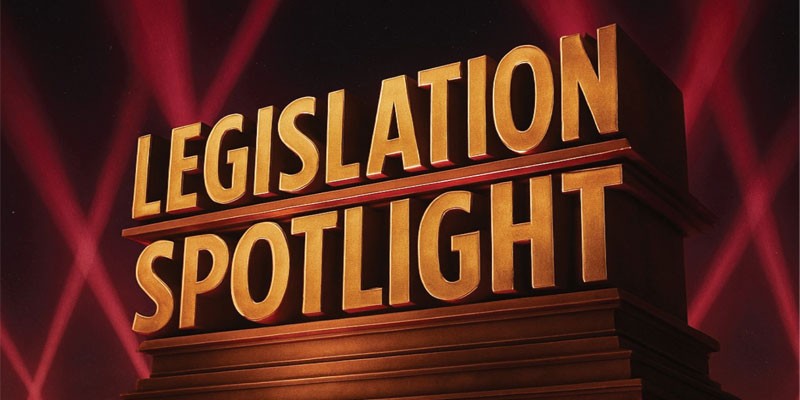
These new arrangements, coming in on or after Royal Assent of the Finance Bill, enhance and build on the powers already in place but broaden the scope and introduce criminal aspects that can be applied to a wide range of companies where they either promote or enable marketed tax avoidance schemes.
In HMRCs summary of who is likely to be affected they state: ‘Promoters of marketed tax avoidance schemes, and other professionals who market or enable the marketing of tax avoidance schemes, including within the tax, accounting and legal professions, are likely to be affected by these measures. Business that provide services to those promoters and other professionals will also be affected by some of the new measures. These companies would include providers of financial services such as banking and insurance and social media or technology companies.’
These new powers would appear to provide HMRC the ability to go after brokers, recruitment companies, consultants, payroll software providers as well the providers themselves. With the measures introducing criminal aspects this should prove to be a major deterrent, although will still need to be supported by enforcement.
We have seen many of the disguised remuneration and tax avoidance schemes in the sector ignoring the rules to report their arrangements under The Disclosure of Tax Avoidance Schemes legislation [DOTAS], supported by the summaries that appear on the Name and Shame list. HMRC has raised this bar by now making it a criminal offence to not notify HMRC of the arrangements. They can now also issue penalties directly without needing tribunal approval, a process that many scheme operators have used in an attempt to frustrate HMRCs enforcement.
The extension of powers also includes arrangements that seek to avoid VAT or other direct taxes.
As we commented on earlier there has been a commonality in arrangements with many using almost identical arrangements under separate companies. To address this HMRC is introducing Universal Stop Notices [USN]. These will prevent any company from offering arrangements similar to those described through the USN with failure to comply resulting in Name and Shame, financial consequences and criminal prosecution. It is clear that HMRC see criminal prosecution as a key part of their defence as this emerges consistently through these enhancements.
Promoter action notices [PAN]. These will be used to stop businesses providing products or services to the promoters of tax avoidance which could include banks and social media companies. Banks have already come under pressure and we have seen increased checks on providers banking arrangements where the banks internal systems flag potential issues. These notices could also be issued to payroll software companies who have designed and operate systems that allow the DR Schemes to operate.
There are further measures that would allow HMRC, where a tribunal approved it, access to significant financial and banking records of the promoters and connected parties, another step to try and get to the orchestrators of the schemes. It also allows a name and shame for legal professionals that facilitate the promotion of avoidance schemes.
As with all changes they will not succeed based on the rules alone and HMRC will need to support these with visible effective enforcement.
Enhancing HMRC's Powers
These new powers are intended to come in to effect in April 2026, along with the other developments announced.
They are aimed at tax advisers that are suspected of designing schemes or facilitating the arrangements.
These enhanced powers provide HMRC the ability to more easily gain access to files and records where there is reasonable suspicion that they are involved in, or facilitating, non-compliance. Many of the hurdles previously in place have been removed allowing HMRC the ability to act under their own decisions without requiring hearings and approvals.
The measures allow HMRC to name and shame tax agents that are complicit in non-compliance, not just in our sector but more broadly, as well as any workers within that organisation that have been involved in the arrangements.
The consequences for Tax Agents, and their staff, can be significant as not only can they be named and shamed but HMRC has the ability to remove their access to HMRC systems when acting as a tax agent.
This together with the other enhanced powers creates a picture that HMRC are trying to get ahead in the game of cat and mouse that has been played for years.